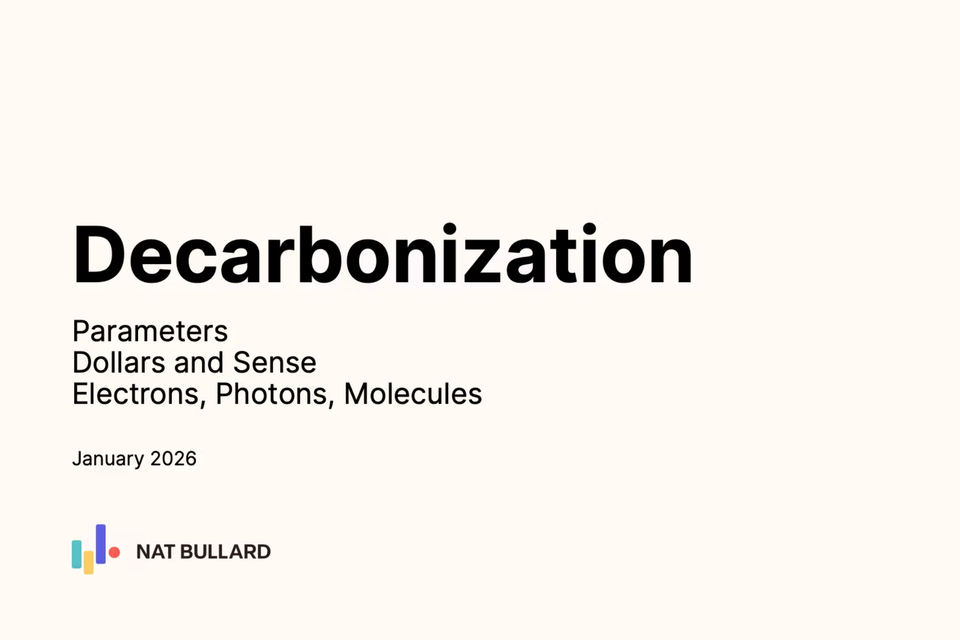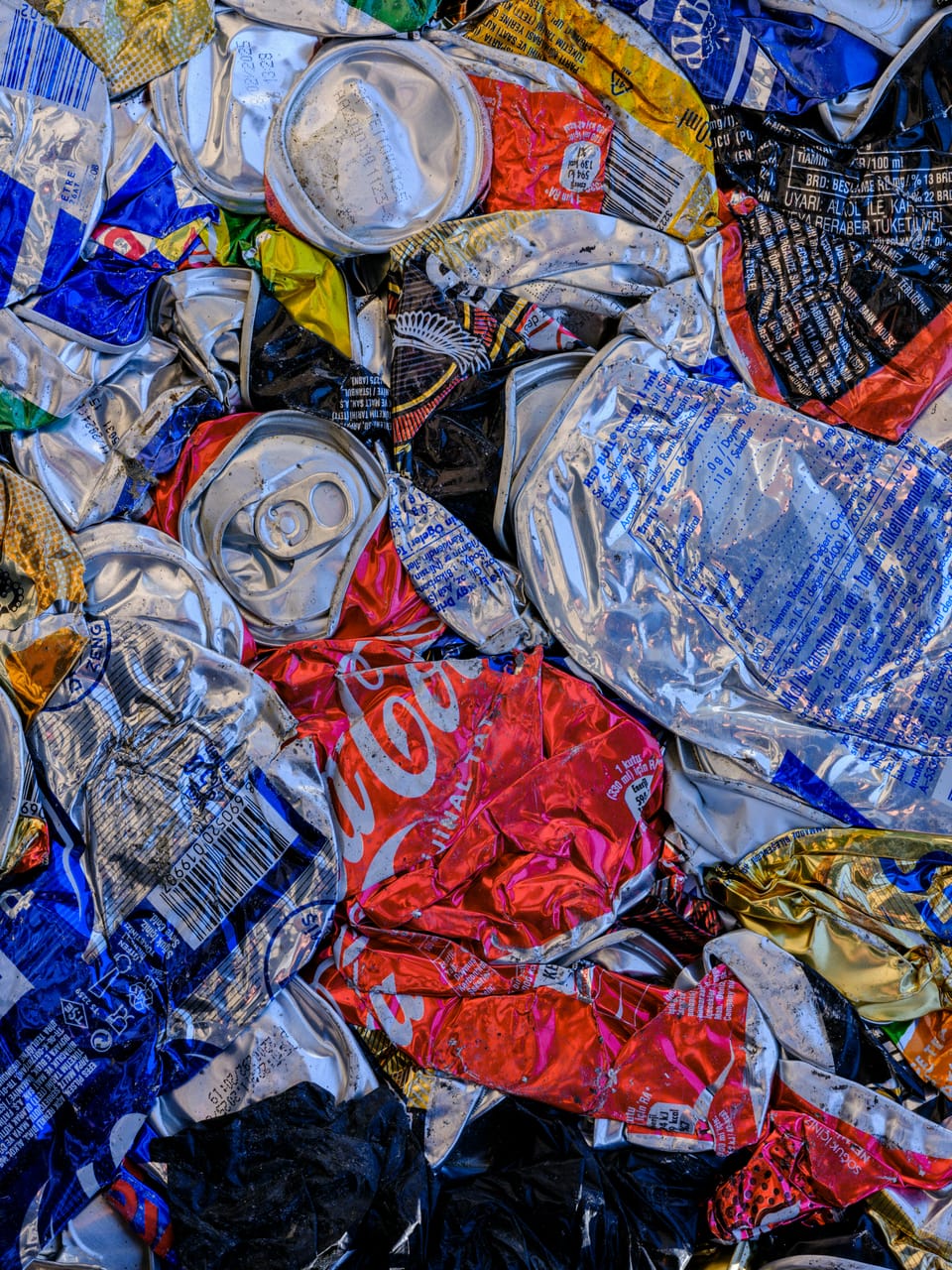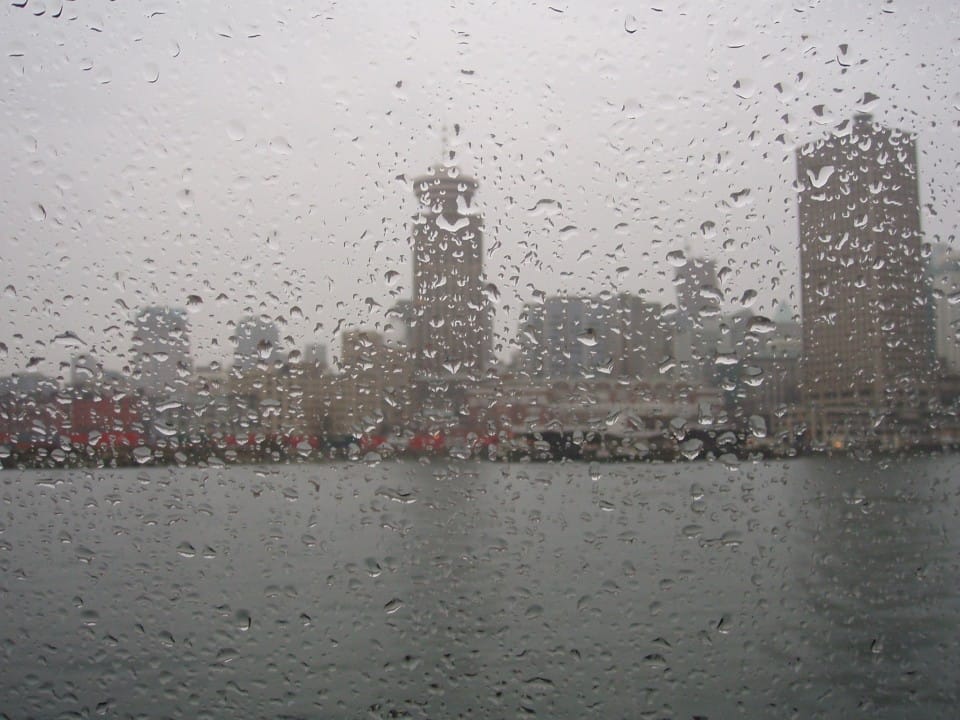economic development
Writing about our economy.
economic development
|
Feb 04, 2025
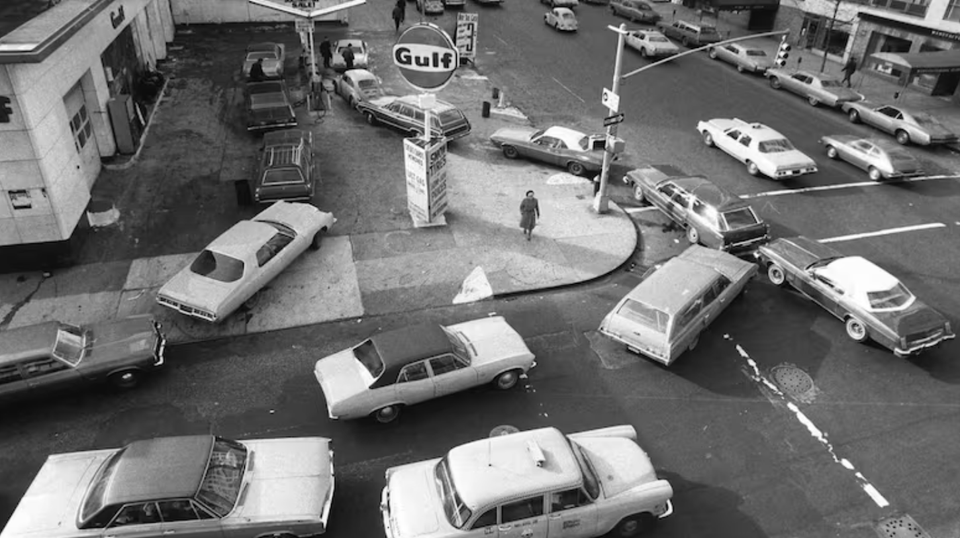
The 1970s oil crisis totally rearranged the global economy. Let's learn from that.
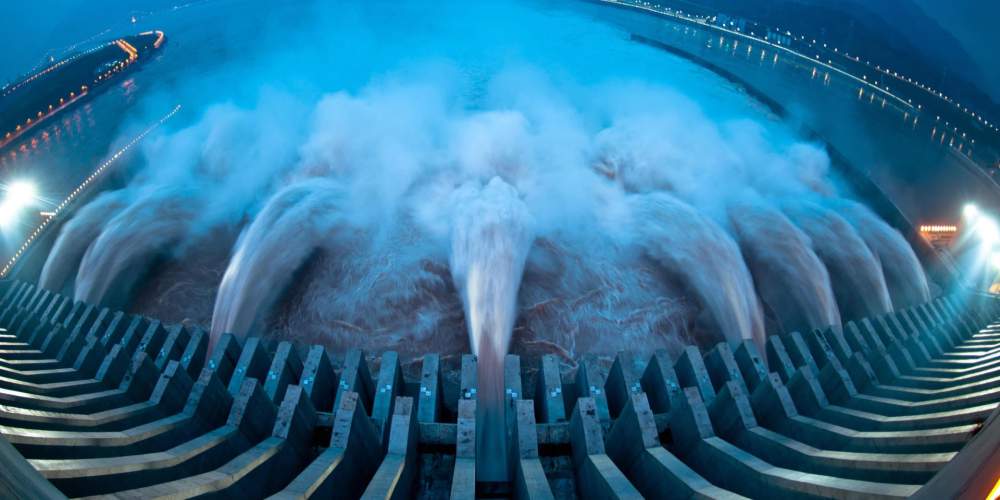
The concluding part to the history of BC energy policy, and the work ahead of government and industry in 2025.
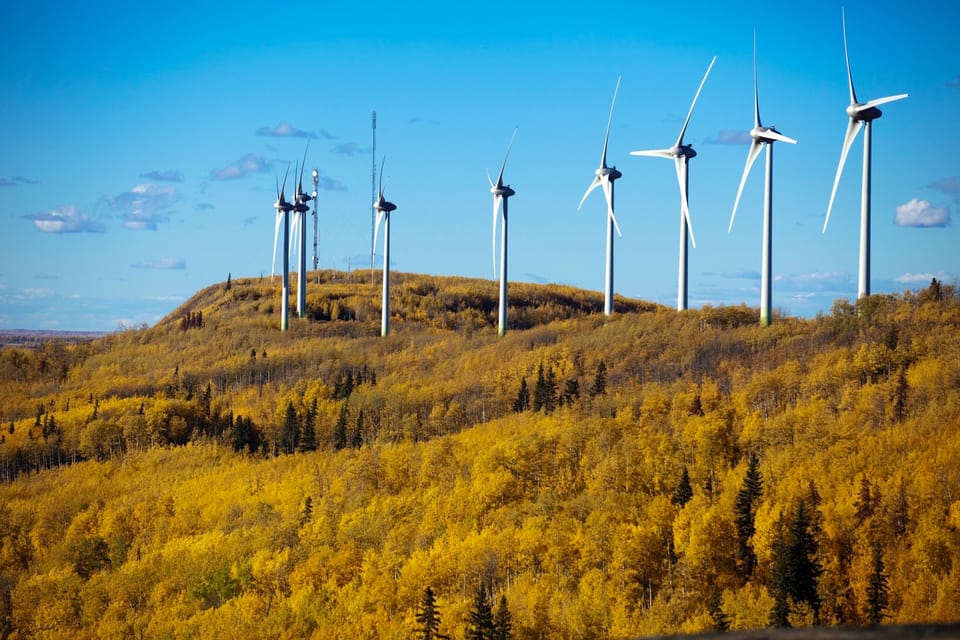
The energy conversation in BC these days is not only dismal, but full of misinformation. Here's how we can better make sense of it.
economic development
|
Jul 08, 2024
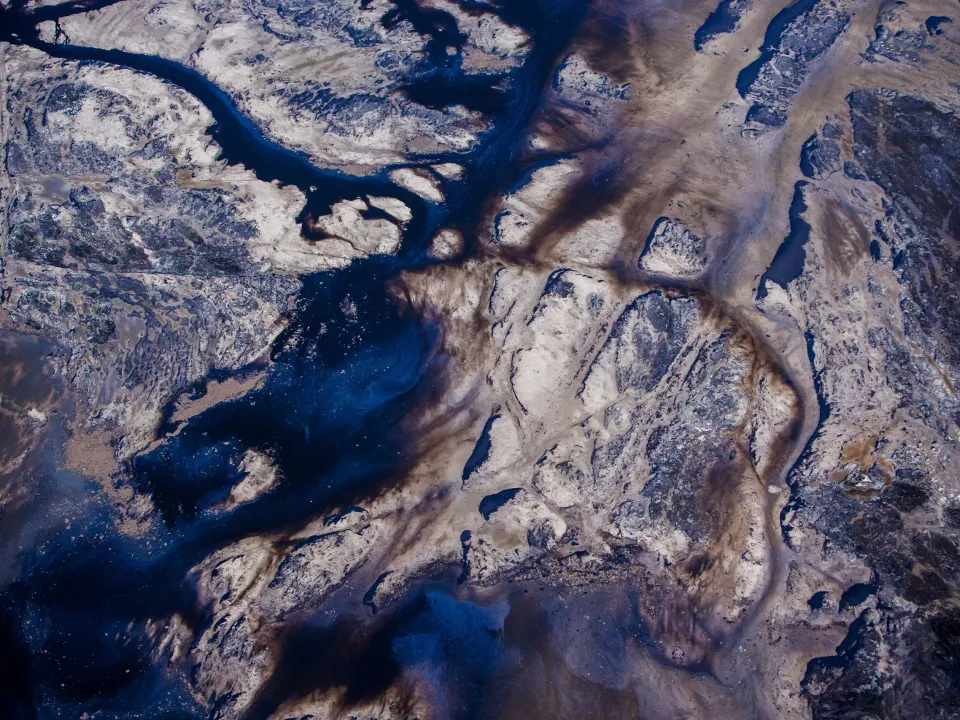
The IEA estimates that global demand for oil will begin to decline by or before 2030. How bad could this be for Canadians?
